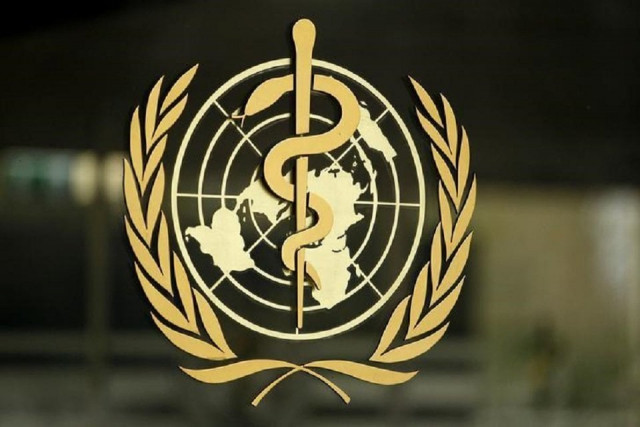Pakistan kicks off assistant technology programme for people with disabilities
NGOs from around the world express solidarity with Pakistan for this initiative

PHOTO: REUTERS/FILE
Pakistan’s Ambassador and Permanent Representative to the United Nations in Geneva Farrukh Amil chaired the event while Director General Health Dr Assad Hafeez participated. Speaking on the occasion Pakistan’s Ambassador Farrukh Amil termed this ‘a victory for the one billion people across the globe living with various kinds of disabilities.’
Amil mentioned the efforts made by Pakistan to promote the cause making special reference to the recently held meeting of regional countries hosted by Pakistan in Islamabad to develop the first regional strategic action framework for assistive technologies. He said major success was achieved when Pakistan was able to lobby for the assent of the WHO Executive Board to table a resolution on the subject in the current World Health Assembly.
Quality health for all
Technical Advisor Disabilities and Injury Prevention Dr Maryam Mallick representing WHO shared and elaborated on technical support being provided by WHO to the Government of Pakistan in developing strategies, prioritisation and implementation of assistive products list and launch of the National Need-based Assessment Survey.
The event was attended by a large number of heads of country delegations to the World Health Assembly, ambassadors and high ranking officials from several countries including heads of leading global institutions and INGOs.
Addressing the high level event Pakistan’s Director General Health said the cause was championed at all global and regional levels by Federal Health Minister Saira Afzal Tarar and Pakistan has been consistently pursuing it. We need to ensure that countries commit to improving access to assistive products for those in need, Hafeez added. He further stated that the presence in large numbers of the participants and speakers today is a testimony to the growing interest and commitment to the cause of the Member States of WHO.
World Health Organisation’s first Global Champion for Assistive Technologies, a Pakistani doctor, Sana Hafeez, addressed the event and related her journey of being afflicted with disability after an accident and how it inspired her to convert her challenge in to strength and become a voice for those needing assistive devices.
Pakistan lags behind in malaria control, despite foreign aid
Tajikistan Deputy Health Minister Dr Aziz Abdosattar Odinazoda appreciated the initiative taken by Pakistan and pledged his fullest support to the cause. ‘We must stand up for the people who need our help and governments must commit to improving access to these products,’ he said.
Chinese Disabilities Federation Vice President Jia Yong and Li Xi head of the China Assistive Devices and Technology Centre spoke on the occasion and shared the cutting edge work undertaken by China in this important area. They pledged unflinching support of their organisations in developing industry to manufacture assistive products for persons with disabilities in countries part of China’s Belt and Road Initiative.
WHO Deputy Director General Dr Soumya Swaminathan reiterated the commitment of WHO Headquarters to support Member States in developing the strategic roadmap for improving access to assistive technology.
Published in The Express Tribune, May 25th, 2018.


















COMMENTS
Comments are moderated and generally will be posted if they are on-topic and not abusive.
For more information, please see our Comments FAQ